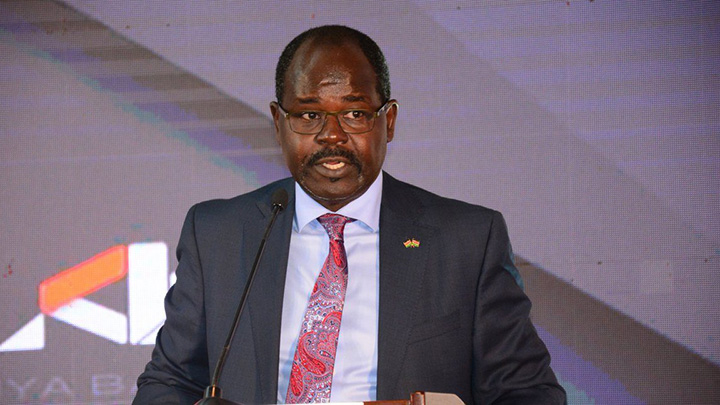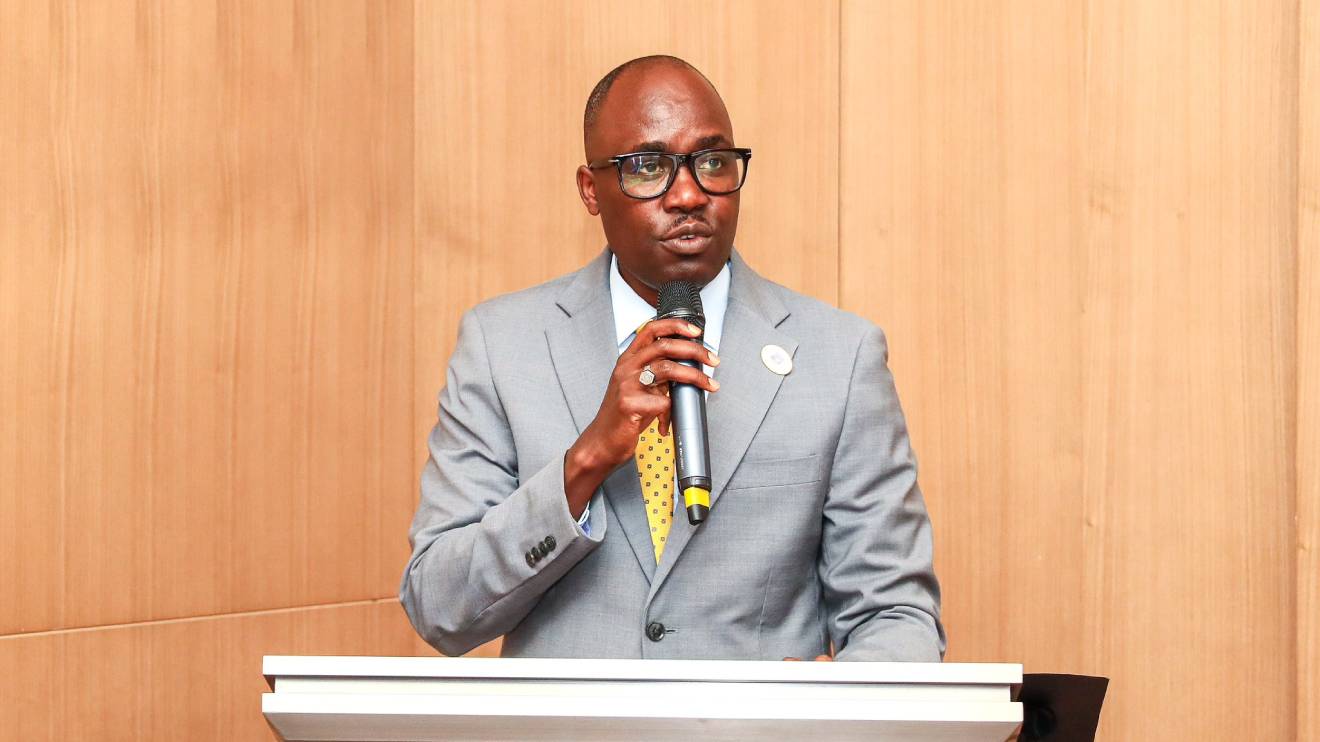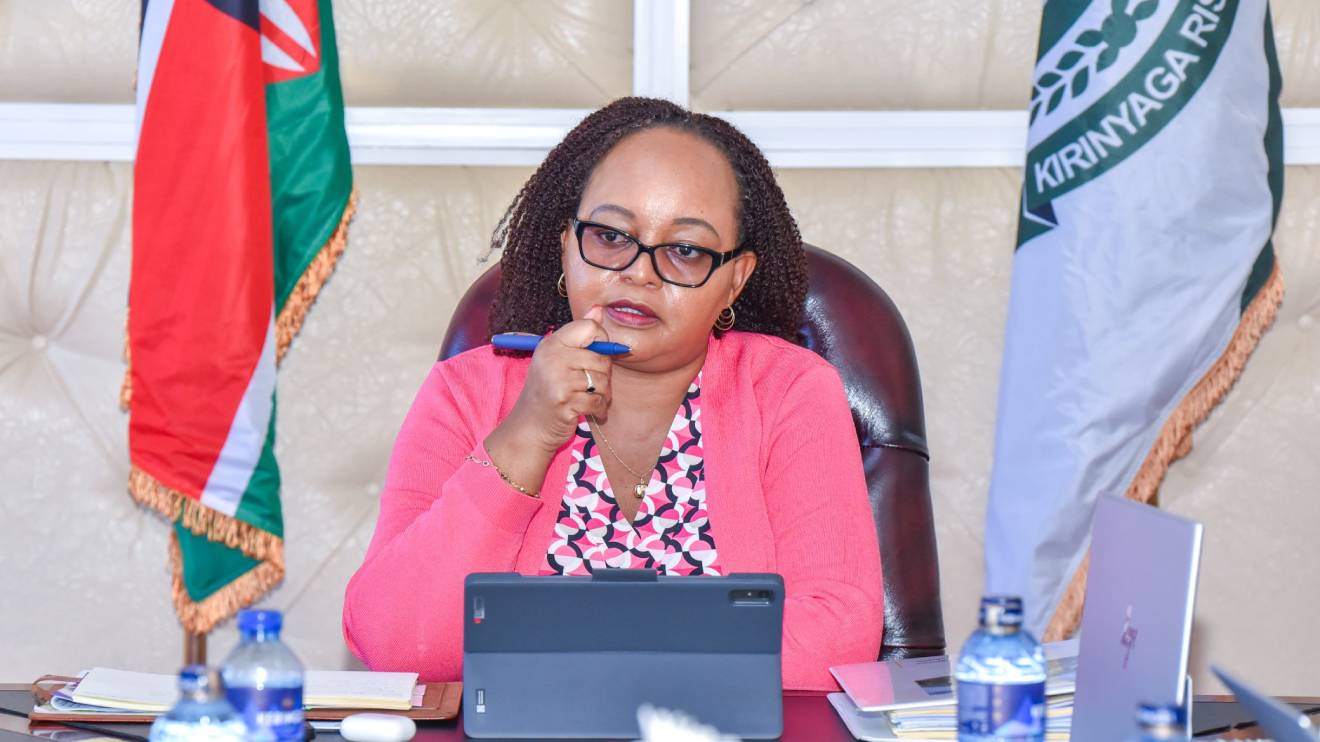The banking sector committed itself to enhancing service delivery for Persons Living With Disabilities (PWDs) as part of its long-term objective to entrench financial services across Kenya.
This is after the Persons With Disabilities (PWD) Pilot Project Report was officially released by Central Bank of Kenya Governor Dr Patrick Njoroge during a virtual by banking industry players.
The report was a collaboration between Kenya Bankers Association, Financial Sector Deepening Trust (FSD Kenya) and NGO inABLE and seeks to improve financial inclusion especially for PWDs.
The study done in four months by seven banks in Kenya highlights the hurdles PWDs go through to access financial services and strategy proposals to enhance service delivery to them.
Among banks that took part in the pilot study are Absa Bank, Co-Operative Bank, Equity Bank, Family Bank, KCB, Bank Rafiki Microfinance Bank and Standard Chartered Bank.
Read More
KBA Governing Council Chairman Joshua Oigara said the report offered the banking sector a roadmap to ensure it fully caters for the needs of PWDs.
“Just like anyone else, when there are no barriers in their way, persons with disabilities are employees, entrepreneurs, consumers, and taxpayers, along with everybody else. It is important that we remove the barriers that prevent them from accessing financial services,” he said.
KBA CEO Dr Habil Olaka said the sector’s commitment is based on their bid to uphold principles of equality and inclusion of all persons in the society including persons with disabilities.
“The project assessed the overall experience for banking clients with hearing, visual and physical disabilities. The assessment covered four main areas which included whether Clients with Disabilities can access banking services independently, whether banks understand the needs of Clients with Disabilities and finally we sought to understand whether banks actually respect Clients with Disabilities,” Dr Olaka said.
FSD Kenya CEO Tamara Cook stressed on the need for banks in Kenya to adopt mechanisms that will ensure PWDs are included in the country’s digital evolution and revolution.
“Looking at the findings of this report, it will be encouraging for banks to develop an accessibility roadmap to ensure all customers have access to banking halls and digital services.” Cook said.
InABLE Executive Director Irene Mbari-Kirika urged banks to establish policies that will transition their banking services and technologies to suit the requirements of PWDs.
“The report calls on banks to outline how they will improve their websites, mobile applications, and written electronic banking documents to be accessible in line with internationally recognised best practice accessibility standards,’’ she noted.
The digital assessment also proposed that banks immediately issue all PWD clients with ATM cards and make them accessible, including to those with visual and mobility impairments.
It further recommends training for all banking staff on basic sign language.









